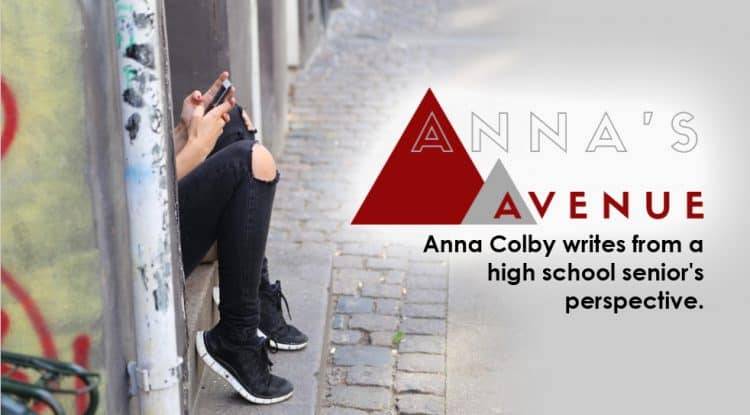Survey data shows COVID-19 has, without a doubt, had a major impact on the youth in our community.
As directed by Arkansas Governor Asa Hutchinson, school districts in Bauxite, Benton, Bryant, and Harmony Grove closed for classes in mid-March to prevent the spread of COVID-19 in Saline County. Students transitioned to Alternate Method of Instruction (AMI), and for the remainder of the 2019-2020 school year, students completed their coursework online.
To many high schoolers, it is as if their lives were flipped upside down. Unexpectedly, thousands of students had their school year cut short, and their plans to get a summer job, volunteer, or tour colleges were hindered. Since the world was first thrust into this pandemic, and our cities have taken on an apocalyptic state, teenagers have faced new stress over preparing for their futures, furthering their education, and supporting their families.
To better understand the effect of the quarantine on the mental health of high school students, I’ve interviewed students from Saline County, and several have been willing to share their stories.
“It has brought my mental health to an all time low.”
When asked how the quarantine has affected their mental health, some students reported experiencing no decline, and some even expressed feeling an improvement.
“Quarantine has blessed me with the opportunity to recenter my life around the things that are most important: God, family, and friends,” an upcoming senior stated, “I’ve been able to more thoroughly enjoy the little things in life and I’m grateful for that.”
Still, 78% of students who responded to an online poll reported experiencing either depression or anxiety due to the pandemic and the resulting quarantine.
“It has brought my mental health to an all time low,” a junior admitted.
Others displayed mixed emotions.
While one student expressed uncertainty regarding whether the quarantine had caused a decline in his mental health – he already suffers from anxiety – he explained, “Quarantine hasn’t been fun. I feel unproductive, even though I take care of my siblings, and I get depressed sometimes. Some days I lose motivation to do much of anything.”
He added that despite the stress of quarantine, there have been positive aspects as well. “I’ve had more time to talk about my mental wellness with other people, which is nice.”
One thing is clear: the seclusion caused by the quarantine and the separation of teenagers from their friends, and extended family seems to be one of the most challenging aspects of the pandemic. For safety, many parents and guardians are not allowing teenagers to visit friends, even now. Of course, students have found new ways to stay in touch with friends, but there is no doubt the quarantine has greatly affected most relationships.
“{It} has created a lot of friction at home between me, my siblings, and them.”
In fact, 67% of students interviewed reported that between social isolation, education, and health and safety, social isolation presented the greatest personal challenge during this pandemic.
“I really miss seeing my friends. Even though I still text a few people, I feel pretty alone in this,” a sophomore said of the quarantine.
“Both my parents are out of jobs so they’re home constantly,” a senior explained, “which – while I love them – has created a lot of friction at home between me, my siblings, and them. It’d be nice to have a break.”
The student also explained how severely COVID-19 has affected her summer plans. Because of the virus, sports practices and competitions have been “screwed up and modified,” and “not at all what I was looking forward to.”
“It’s been really difficult for me to find a job.”
Many students share in her frustrations.
“It’s been really difficult for me to find a job,” a freshman told me. “And I have to save up for a car.”
It is an undeniable fact that the pandemic has greatly impacted the lives of everyone. However, it is crucial that we consider the impacts specific to our youth. While many think teenagers should be enjoying all this “free time,” it is clear that they have their own challenges to overcome, and many may even be struggling with depression. It is important to maintain open communication during this challenging time.
If you or someone you know is struggling with depression or anxiety, you can find resources here and here.
Anna Colby is a high school senior. She enjoys consuming ungodly amounts of green tea and banging her head on her desk until a new idea pops into her mind and she can write once again. She also enjoys petting her dog. See a list of all her columns at www.mysaline.com/anna





